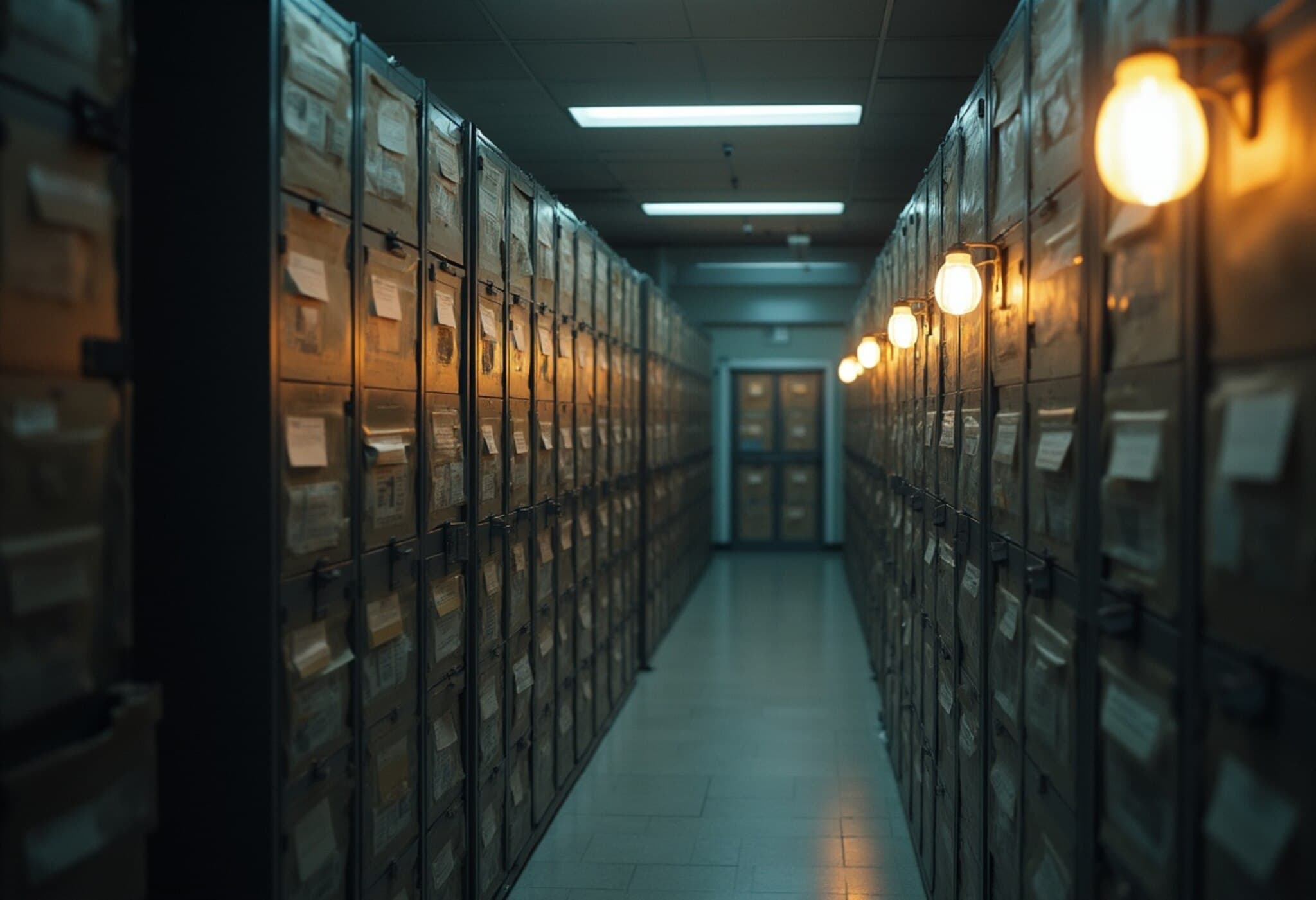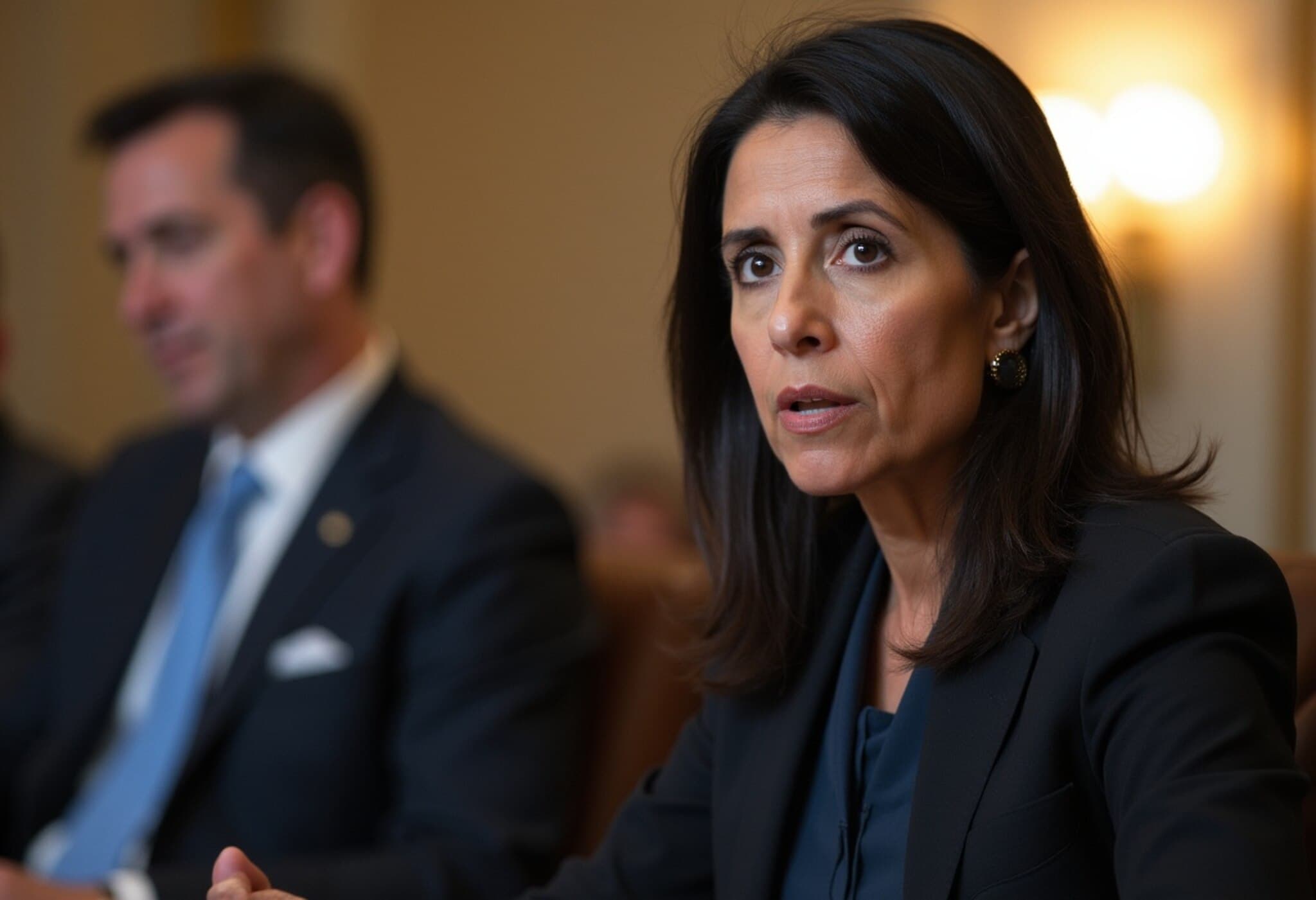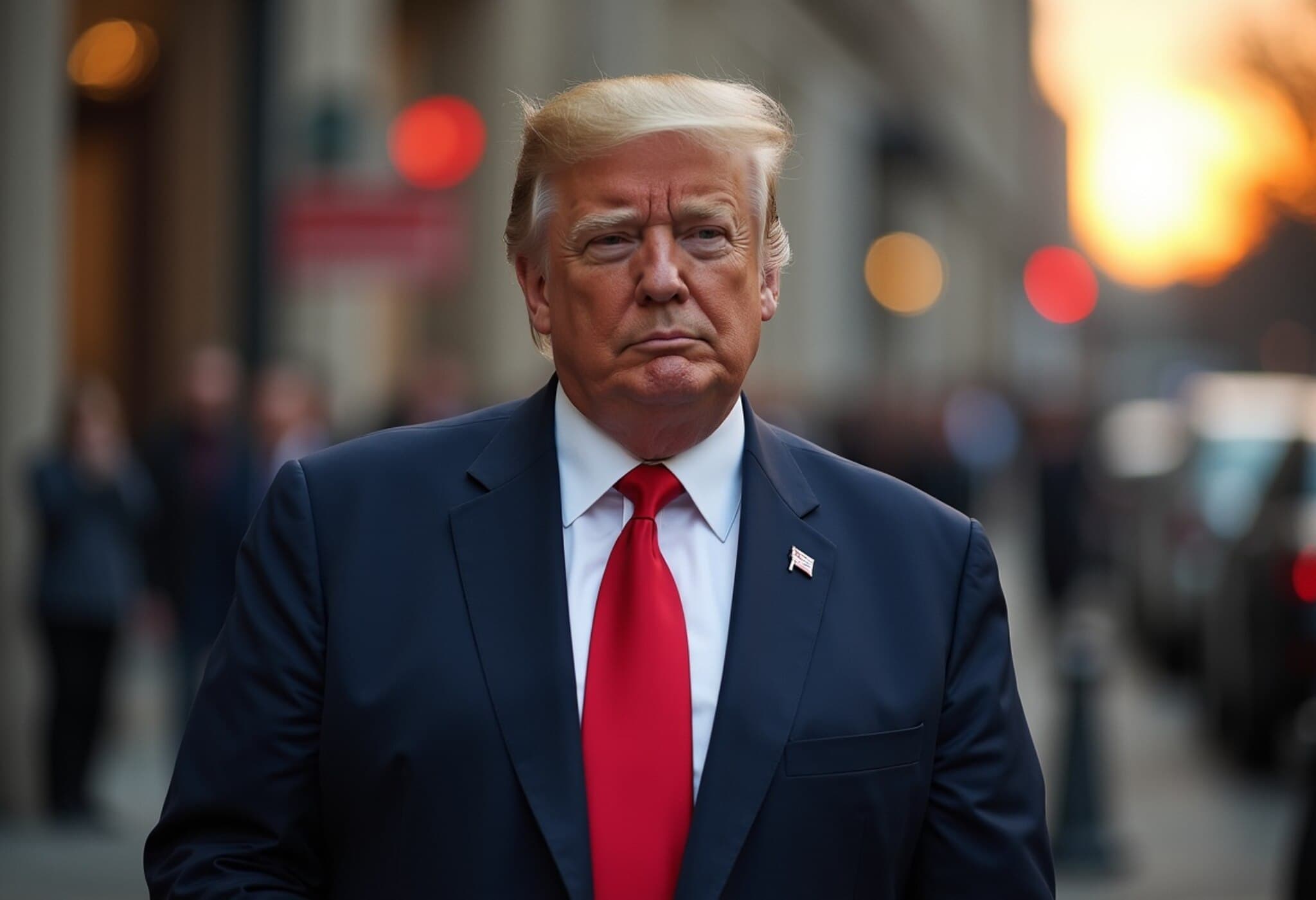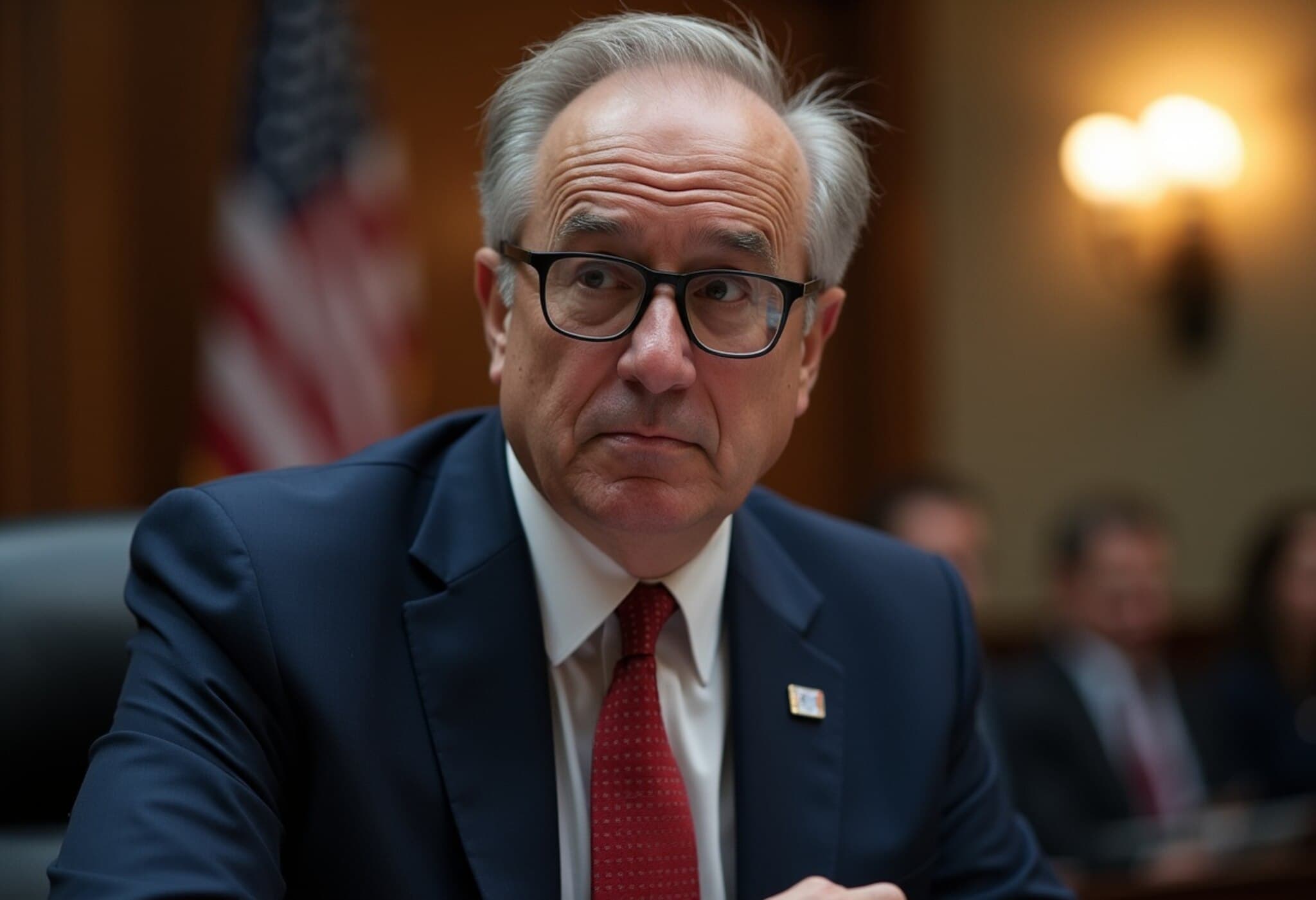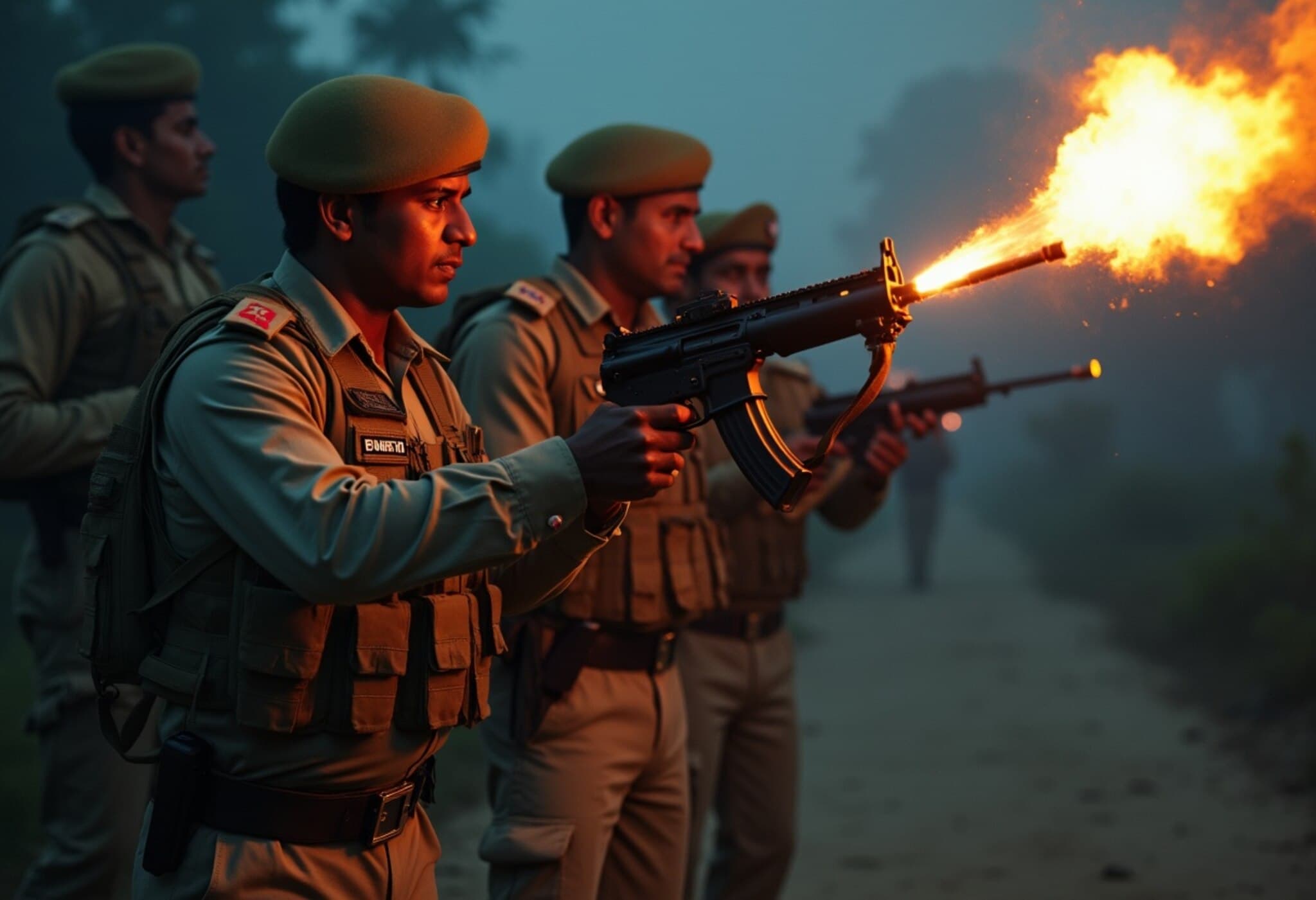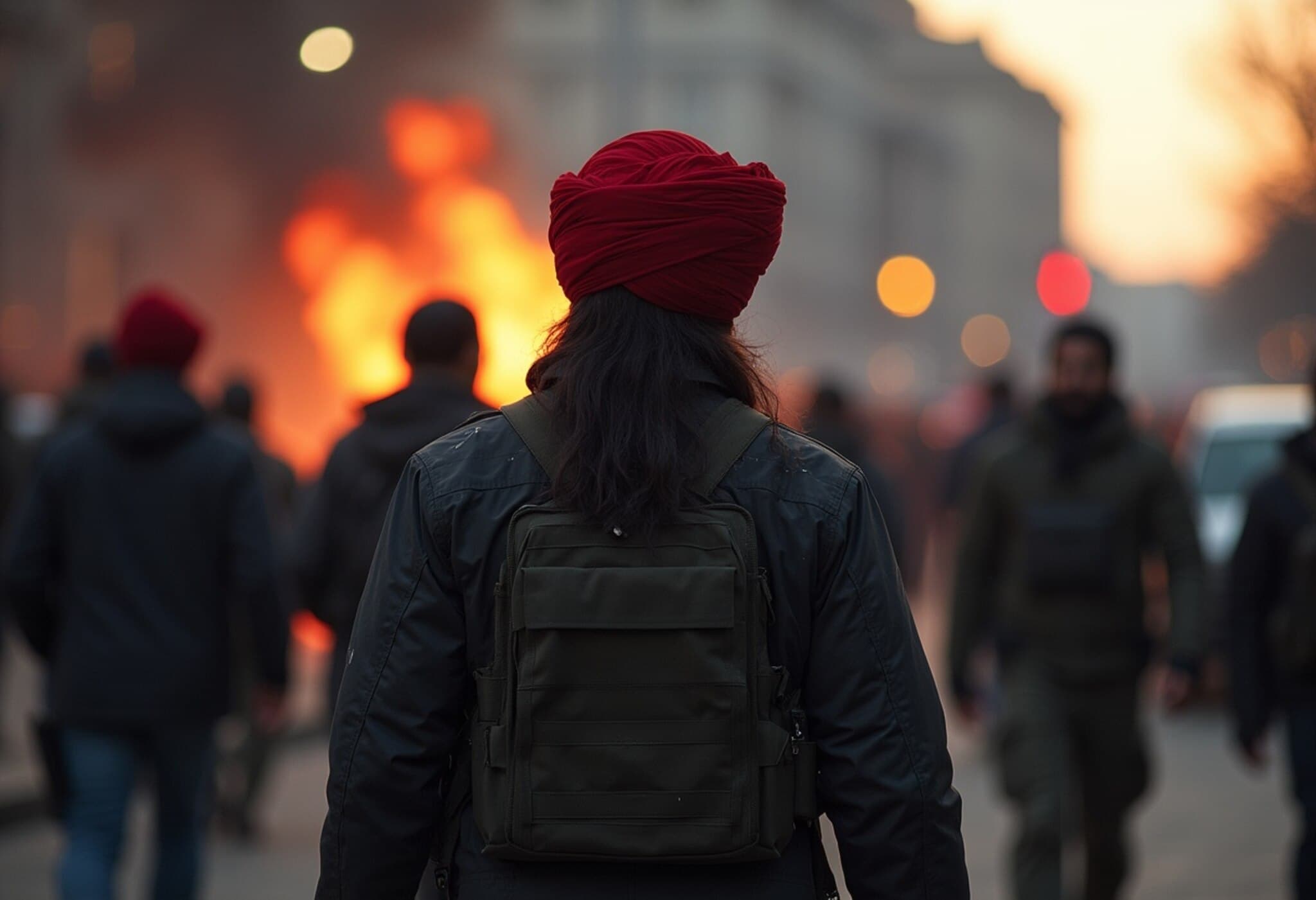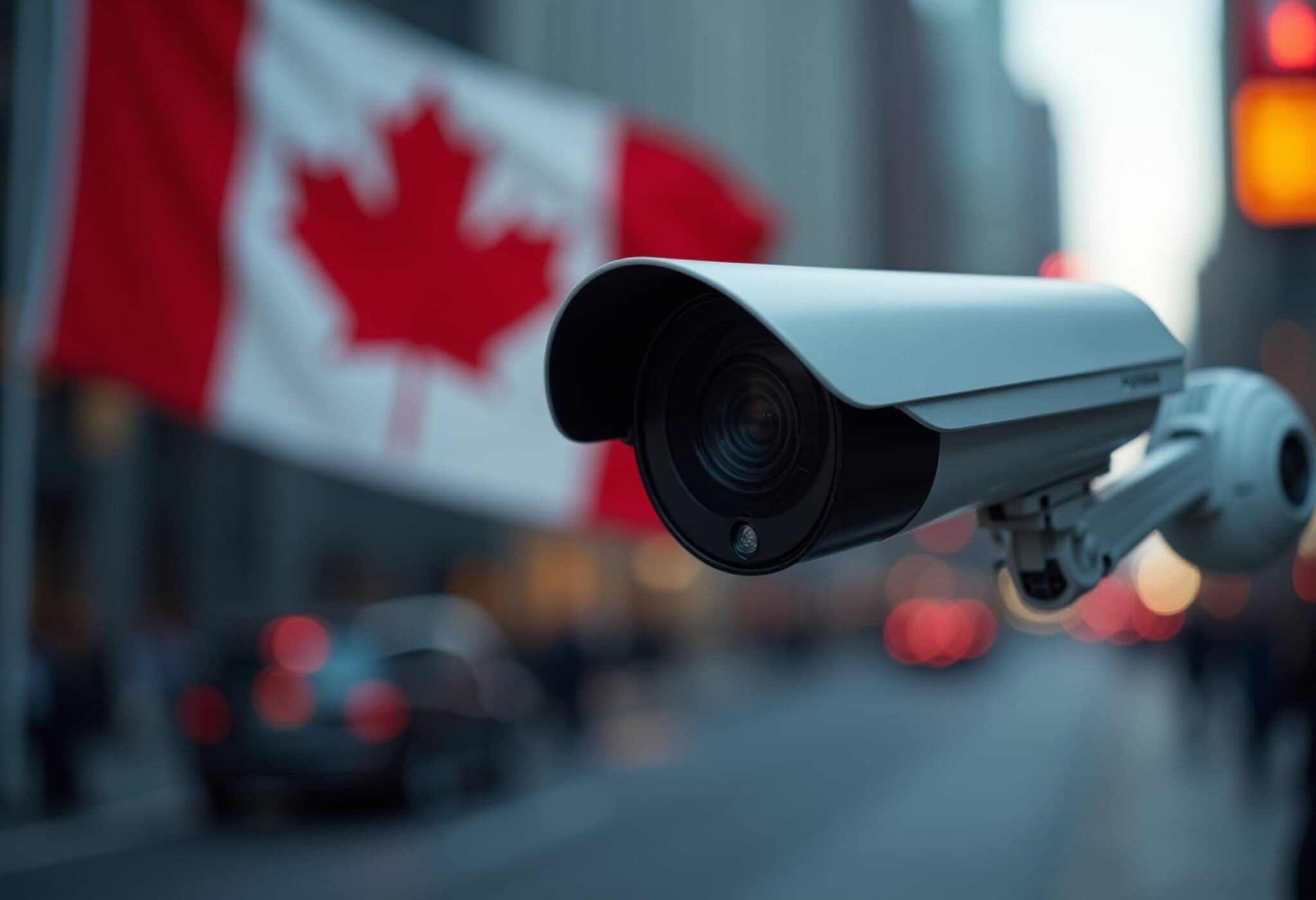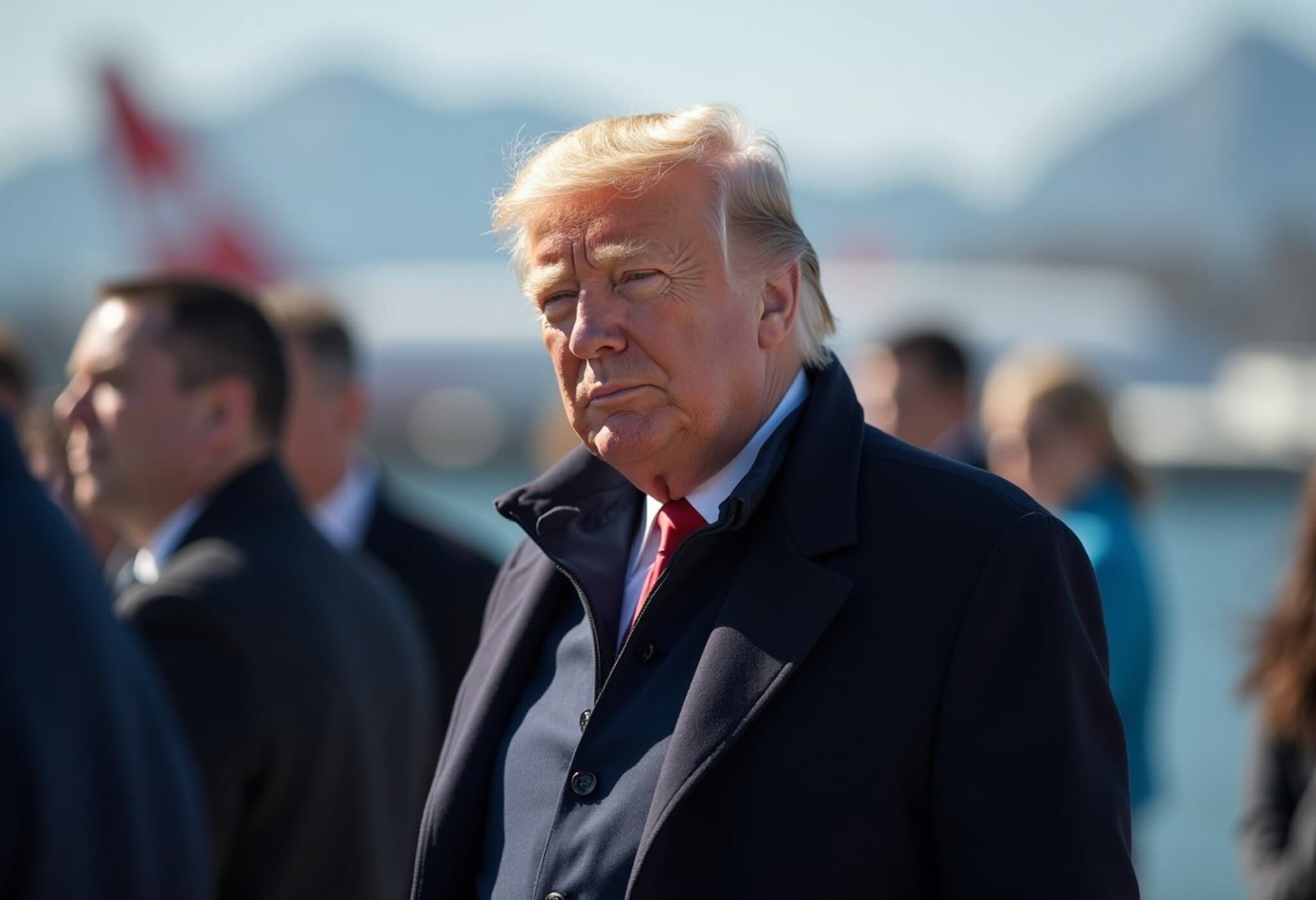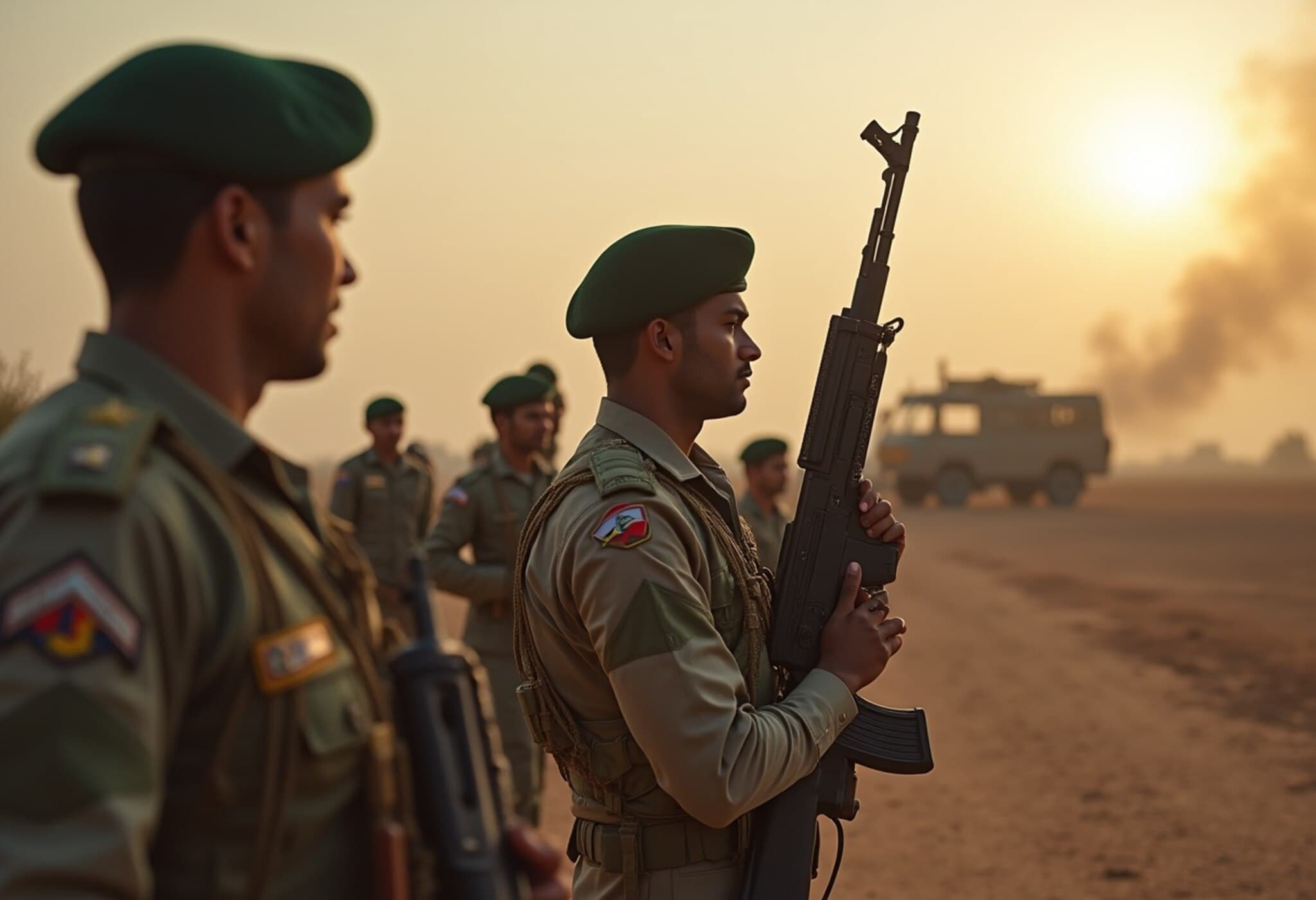Alberta Premier Calls for Terrorist Designation of Lawrence Bishnoi Gang
Alberta's Premier, Danielle Smith, has made a compelling appeal to the Canadian federal government to officially designate the Lawrence Bishnoi gang as a terrorist organization. On July 15, 2025, Smith emphasized on her social media platform X (formerly Twitter) that the gang operates as a transnational criminal network, orchestrating violence, extortion, drug trafficking, and targeted killings across Canada and beyond.
“The Lawrence Bishnoi Gang is a transnational criminal network responsible for violence, extortion, drug trafficking and targeted killings, including right here in Canada. Its reach is global, and its intent is criminal and violent,” Smith said.
Why This Designation Matters
By officially labeling the gang as a terrorist entity, provincial and municipal law enforcement agencies in Alberta and across Canada would gain access to enhanced legal tools and resources. This would empower authorities to more effectively disrupt the gang’s operations and safeguard communities.
Smith stressed, “The time for action is now.” She urged the federal government and Prime Minister Mark J. Carney to join Alberta in taking decisive steps to protect citizens from this growing threat.
Echoing Calls from British Columbia
Alberta isn’t alone in this push. Earlier in June 2025, British Columbia Premier David Eby also called for the federal government to designate the Bishnoi gang as terrorists. He underscored that the gang’s activities span across British Columbia, Alberta, and Ontario, with a particularly nefarious impact on Canadian South Asian communities.
Eby highlighted a significant challenge faced by law enforcement: current powers may be insufficient to tackle such sophisticated transnational organized crime. “This is more in the nature of terrorism than it is traditional crime,” Eby explained. According to him, a terrorist designation would provide police with “significant investigative tools” needed to restore safety and public confidence.
Community Impact and Underlying Threats
The Bishnoi gang has been linked to high-profile incidents, most notably the 2022 murder of popular singer Sidhu Moosewala. This case put the gang under global scrutiny and exposed its deep-rooted criminal network spanning continents.
The National Investigation Agency (NIA) of India describes Lawrence Bishnoi himself as orchestrating a “terror syndicate” even from prison. The gang allegedly maintains extensive connections within Canada through local affiliates, contributing to a wave of targeted violence and intimidation.
A Broader Picture: Transnational Organized Crime and Terrorism
Designating the Bishnoi gang as a terrorist entity reflects broader challenges faced worldwide in confronting evolving organized crime. Gangs like Bishnoi increasingly blur lines between traditional criminality and terrorism, using violence and fear to assert influence.
- Legal Implications: Terrorist designation unlocks improved surveillance, seizure of assets, and stronger prosecution tools.
- Public Safety: Enhanced powers allow authorities to dismantle networks before they escalate violence.
- Community Trust: Recognizing the gang’s threat raises awareness and fosters cooperative policing in affected communities.
In Canada, where multiculturalism is a core value, securing the safety of all communities, especially vulnerable minorities, is paramount. The calls from Alberta and British Columbia highlight increasing urgency to address transnational crime in ways that reflect current realities.
Expert Insight: What Comes Next?
Policy analysts suggest that designating the Bishnoi gang as a terrorist group could set an important precedent in Canadian law enforcement’s approach to organized crime.
“This is not just about punishing crime; it’s about adapting our legal frameworks to new threats that cross borders and exploit communities,” notes a criminology expert at the University of Toronto. “If implemented thoughtfully, such designation could enhance intergovernmental cooperation and resource allocation.”
However, experts also caution against potential civil liberties concerns. Ensuring transparency and oversight will be critical as authorities gain enhanced investigative powers.
What Are the Next Steps for Canadian Authorities?
- Federal review of the gang’s activities and designation criteria.
- Interprovincial collaboration for effective enforcement.
- Community engagement to build trust and gather intelligence.
- Legal safeguards to balance security with rights protection.
Editor’s Note
The growing calls to designate the Lawrence Bishnoi gang as a terrorist entity underscore a crucial moment for Canada’s law enforcement and policy response to complex transnational threats. While this step promises enhanced tools against a violent, well-organized syndicate, it also invites a broader dialogue about balancing security imperatives with civil liberties.
How Canada navigates this challenge could shape its domestic security landscape and set benchmarks internationally. For readers, this story highlights the intersection where organized crime meets terrorism — and the urgent need for innovative, community-sensitive strategies to protect safety and uphold justice in a globalized world.




